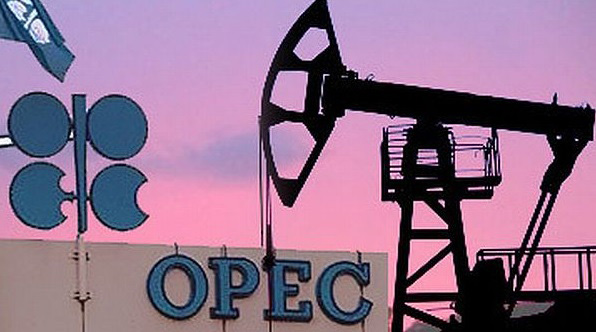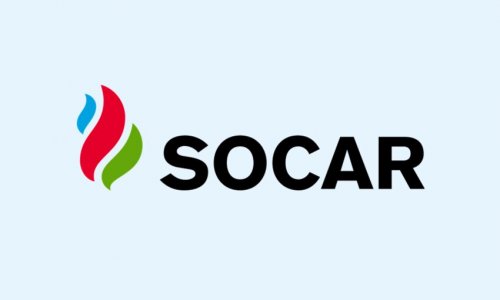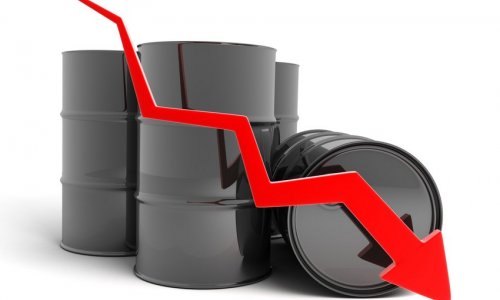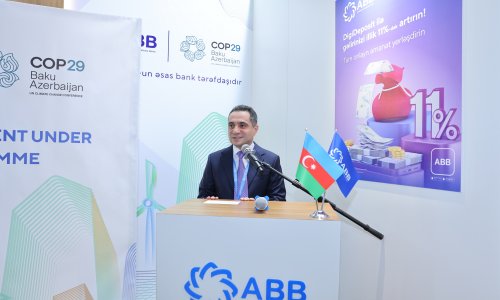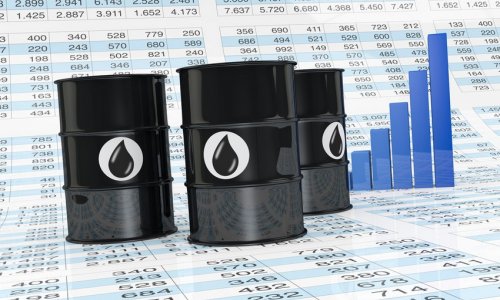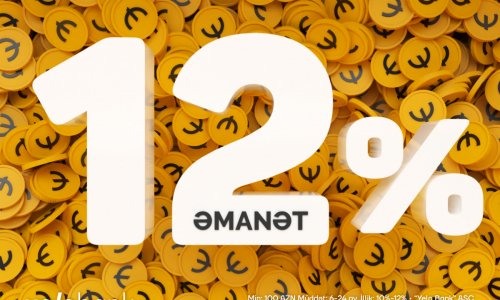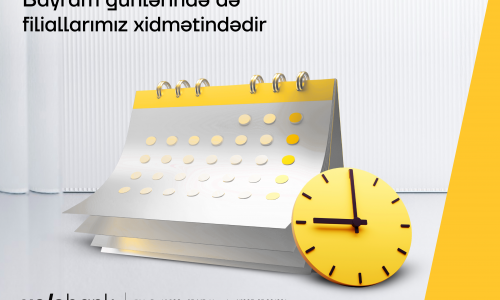For years, debates in the OPEC conference room were dominated by clashes between top producer Saudi Arabia and arch-rival Iran, Reuters reported.
But as the two managed to find a rare compromise on Wednesday - with Riyadh softening its stance towards Tehran - a third OPEC superpower emerged.
Iraq overtook Iran as the group's second-largest producer several years ago but kept its OPEC agenda fairly low-profile. On Wednesday, Baghdad finally made its presence felt.
What it did, however, pleased neither Saudi Arabia nor Iran.
Iraq's new oil minister Jabar Ali al-Luaibi told his Saudi and Iranian counterparts, Khalid al-Falih and Bijan Zanganeh, in a closed-door gathering in Algiers that "it was an OPEC meeting for all ministers", a source briefed on the talks said.
Luaibi also said he didn't like the idea of re-establishing OPEC's output ceiling at 32.5 million barrels per day (bpd), according to sources in the Organization of the Petroleum Exporting Countries.
Reviving a ceiling, abandoned a year ago because of a Saudi-Iranian clash, was seen by some members as crucial in helping OPEC manage a vastly oversupplied market and prop up prices that stand well below the budget needs of most producers.
But Luaibi told the meeting the new ceiling was no good for Baghdad as OPEC had underestimated Iraq's production, which has soared in recent years.
Confusion followed, according to sources, and after a debate OPEC chose to impose a ceiling in the range of 32.5-33.0 million bpd - a decision dismissed by many analysts as weak and non-binding. OPEC's current output stands at 33.24 million bpd.
As ministers including Falih and Zanganeh emerged smiling from the room and praised OPEC's first output-limiting deal since 2008, Luaibi called a separate briefing to complain about OPEC's estimates of Iraqi output.
"These figures do not represent our actual production," he told reporters. If by November estimates do not change, "then we say we cannot accept this, and we will ask for alternatives".
Luaibi went even further and asked a reporter from Argus Media - whose data OPEC uses among other sources to compile estimates of countries' production - to disclose from where Argus' estimates were coming.
"Your sources are not acceptable. And if there is deviation from the government, then Argus will not work in Iraq," Luaibi told the Argus reporter.
www.ann.az
Follow us !

